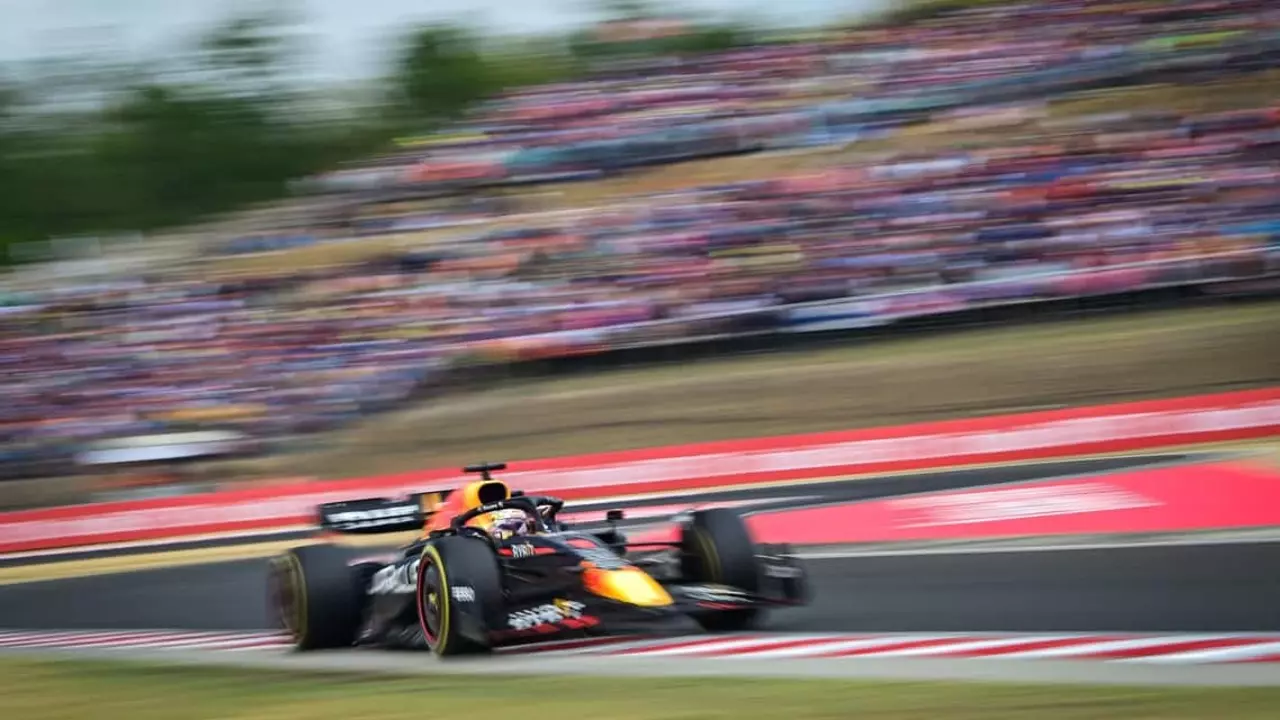How Motorsport Leaves Its Mark on Fans and Culture
When you hear the roar of an engine, it’s more than sound – it’s a feeling that spreads through crowds, neighborhoods, and even the national vibe. The impact of racing isn’t limited to the track; it ripples into daily life, shaping how people talk, dress, and cheer.
Take a look at a typical race day in a British town. Streets fill with people wearing team caps, local pubs pop open televisions, and school kids mimic steering wheels in the playground. That buzz is a direct result of motorsport’s pull, turning strangers into a mini‑community for a few hours.
How Racing Shapes Communities
First, motorsport builds local pride. When a driver from a nearby city lands a podium, the whole area feels the win. Kids start dreaming of helmets, and local businesses stock racing merch to meet demand. The surge in sales isn’t just profit – it’s proof that the sport fuels the local economy.
Second, events create jobs. From temporary security staff to full‑time engineers, a single Grand Prix can employ hundreds. Those jobs often stay after the race, because the infrastructure—like improved roads and upgraded venues—remains for other activities.
Third, the sport sparks education. Schools invite engineers to speak, and students get hands‑on projects building small‑scale engines. That curiosity translates into more people studying STEM subjects, which helps the nation’s tech sector grow.
The Ripple Effect of Iconic Moments
Iconic moments—like a daring overtake at Silverstone or a surprise victory—create stories that fans retell for years. Those stories become part of the cultural fabric, influencing movies, music, and even fashion. A well‑timed win can boost a car brand’s sales overnight because people associate the brand with excitement.
Technology from the track also finds its way into everyday cars. Innovations in aerodynamics, safety harnesses, and fuel efficiency often start in racing labs. When those ideas filter down, drivers on everyday roads benefit from faster, safer vehicles.
Social media amplifies impact even more. A single highlight clip can rack up millions of views, turning a local hero into a global name. Fans share reactions, memes, and personal stories, creating a massive online community that lives beyond the race weekend.
But impact isn’t always positive. Noise complaints, traffic jams, and rising ticket prices can strain relationships between organizers and locals. Successful events listen to community concerns, offering transport solutions and noise‑reduction measures to keep the goodwill alive.
In short, the effect of motorsport stretches far beyond the checkered flag. It fuels local economies, inspires the next generation of engineers, and weaves unforgettable moments into the national narrative. If you’re new to the scene, try watching a race with a friend and notice how the excitement spreads around you. You might just feel the same spark that’s turned a niche sport into a cultural powerhouse.
So next time you hear a revving engine, remember: you’re hearing more than power—you’re hearing the pulse of a community, the drive of innovation, and the shared joy of fans across the UK.
What impact on climate do motorsports have?
Motorsports are a popular form of entertainment but they can have a significant impact on the environment and climate. The burning of fossil fuels, the production of exhaust fumes, and the release of hazardous materials all contribute to air pollution, which has a direct impact on climate change. Furthermore, the tracks, pits, and grandstands require large amounts of resources to construct and maintain, which can take a toll on the environment. Finally, noise pollution from the roar of the engines can have a negative effect on nearby wildlife. Ultimately, motorsports can have a significant and detrimental impact on the environment and climate.
